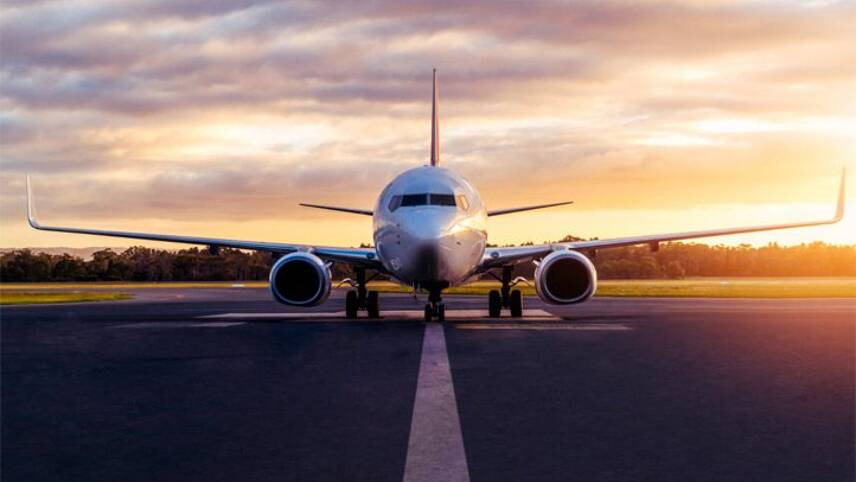Register for free and continue reading
Join our growing army of changemakers and get unlimited access to our premium content

The changes will be a balm to airlines
ICAO was initially set to use the 2019-20 financial year as the offsetting baseline for the updated CORSIA scheme – a system designed to cap net emissions from the global aviation sector through carbon offsetting.
But recent months have seen airlines propose the 2019 calendar year as the baseline, in light of the fact that the amount of passenger flights operating since the start of 2020 has plummeted significantly due to Covid-19-related travel restrictions. Businesses across the aviation sector had warned that if any 2020 figures were added to the benchmark, airlines would not account for the full scope of their emissions and the future costs of offsetting would increase.
Late on Tuesday (30 June), the ICAO confirmed that it would adapt CORSIA’s baseline in line with these concerns, following its annual general assembly in Montreal.
The Council’s president Salvatore Sciacchitano said in a statement that the decision was the “most reasonable available given our current and very extraordinary circumstances”. The statement went on to argue that “significantly unexpected traffic and emissions results being experienced this year… will disrespect the originally-agreed intention and objectives of ICAO’s 193 Member States”.
While the announcement will come as a welcome balm to airlines, in the same week that the likes of Qantas and EasyJet announced sweeping job cuts, European policymakers had been urging ICAO not to make the changes.
MEPs from across the political spectrum sent a letter to ICAO in late May, arguing that the body should wait for the scheduled CORSIA review in 2022 before making adjustments. The MEPs warned that “CORSIA is already extremely far from being in line with the Paris Agreement and climate neutrality objective”, adding that changes now would “seriously undermine the environmental integrity of the scheme”.
ICAO said that, to complement the adjusted baseline, which will serve as a short-term measure, it is “considering the need and means to facilitate the green and resilient recovery for sustainable aviation from a longer-term perspective”. The body hinted that new measures will focus on emission reductions as well as offsetting, but through innovative technologies rather than capping demand or promoting degrowth.
Aviation was, pre-pandemic, responsible for around 3% of global emissions. While this proportion may seem small, the sector is widely considered hard-to-abate and is one of the fastest-growing in the world in terms of emissions; recent research revealed that flights will generate around 43 gigatonnes of CO2 emissions by 2050 – more than 4% of the world’s entire remaining carbon budget – as the sector grows.
Potential paths for decarbonising aviation in line with the Paris Agreement’s 1.5C trajectory have proven contentious. The UK Sustainable Aviation Coalition recently published a roadmap for the net-zero transition, for example. The plan drew criticism for centring heavily on developing sustainable aviation fuels (SAF), deprioritising electric aircraft and insisting that the UK’s aviation sector can grow by 70% over the next three decades without breaching climate targets – which the Committee on Climate Change has rubbished.
Sarah George


Please login or Register to leave a comment.